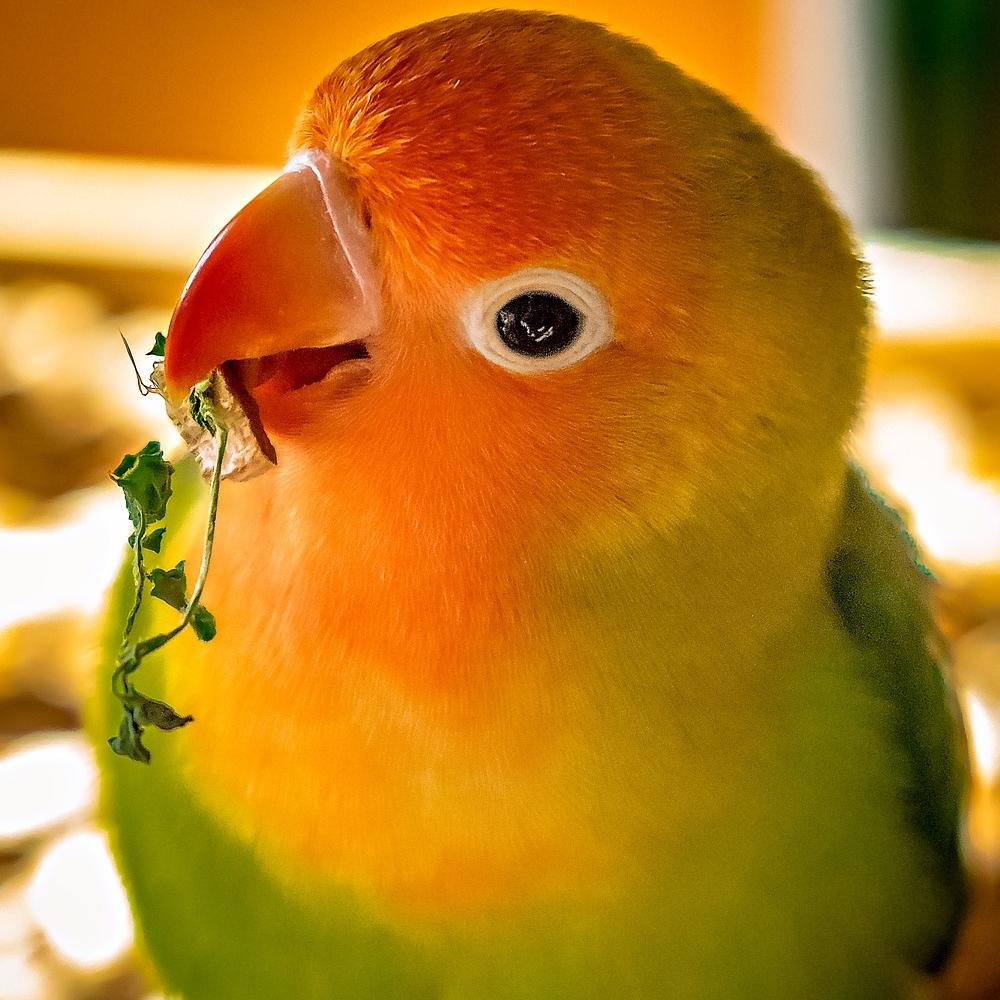
What to Do If Your Lovebirds Are Breaking Their Eggs
Love birds are a popular choice for pets among those who love our feathered friends. They can make a great addition to the family, but there are also times when they could use some extra help.
This came to light recently when someone went online and spoke about a problem they were having with their lovebirds. The birds had already laid two eggs, but they broke both of them.
They admitted that they weren’t sure how they broke, but they did see they were broken when they went to the cage.

To make matters worse, the female lovebird laid an egg outside of the nest, and it was broken within a day. Is there anything that can be done about this issue?
Taking a Closer Look at the Shell
If there’s one thing that we know about eggs, it’s the fact that the shell can be fragile. In fact, it’s rather amazing that most birds don’t break their eggs before they hatch.
Sometimes, however, a bird may lay an egg that has an even thinner shell. What are the reasons, and what can be done?
Vitamin D: Just like humans, birds get vitamin D naturally when they are out in the sunlight. The problem is, most birds don’t have that opportunity, so they end up with a vitamin D deficiency.

If your bird spends all of their time indoors, they may need a vitamin D supplement. Providing it will help your birds absorb calcium and make stronger eggshells.
Calcium: Birds need calcium to produce strong eggs. If they are calcium deficient, which can be a problem if you feed them the wrong type of seed mixture, they need to get the calcium from elsewhere.
Vitamin E: The formation of the eggs may be affected by vitamin E. If they are lacking in this vitamin, they may need supplementation.
Phosphorus: If they have too much phosphorus in their system, they will not absorb calcium effectively. This can lead to thin eggshells.
Stress and Malnutrition in Birds
Malnutrition is sometimes a problem with birds, but it may not happen until they are stressed out or laying eggs.
Most bird owners will not take them in for testing to know what vitamins they are deficient in. That is why it is typically best to offer them a multivitamin that contains calcium, along with vitamins E and D.
Is Your Bird Acting out?
Sometimes lovebirds will break their eggs because of other behavioral problems. If they have these issues in their mind when they are nesting, they could push the eggs from the nest and break them.
If this is the case, the eggs will likely be on the bottom of the cage, rather than being broken in the nest.
This could also cause a bird to lay the egg outside of the nest.
The Role of Boredom
Just like you and I, lovebirds can get bored if they are not given something to do. This is a problem that is not seen in the wild, but it is specific to birds in a cage.
This is why it is important to keep the birds busy, or at least as busy as they want to be. Have a number of toys available in their cage, swapping them out occasionally to keep things interesting.
Lovebirds Need Exercise
Something else that humans have in common with lovebirds is the need for exercise and play. They are intelligent, and if you train them and provide them with the right tools, they can do many interesting things.
It is best to let the birds out in a closed room so they don’t fly away and get lost.
Do What You Can to Provide for Your Birds
As bird owners, it is our responsibility to ensure that they have everything they need. They don’t have the opportunity to get it on their own, so we must provide it.
Along with keeping your bird busy, you must pay attention to their nutritional needs and any other health issues they may be facing.
When you care for your bird, you will have a happy, healthy feathered friend for many years. You will also have more lovebirds, as their eggs will stand the test of time.
Help Rescue Animals
Provide food and vital supplies to shelter pets at The Animal Rescue Site for free! →